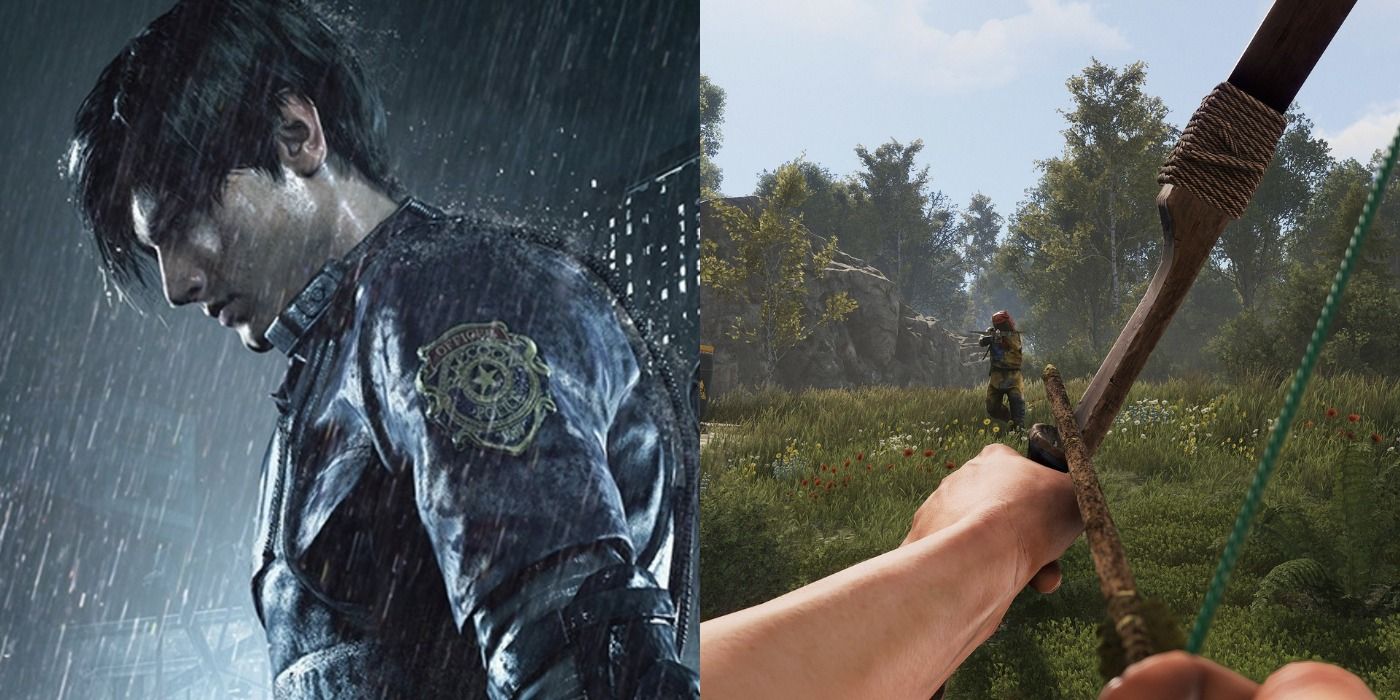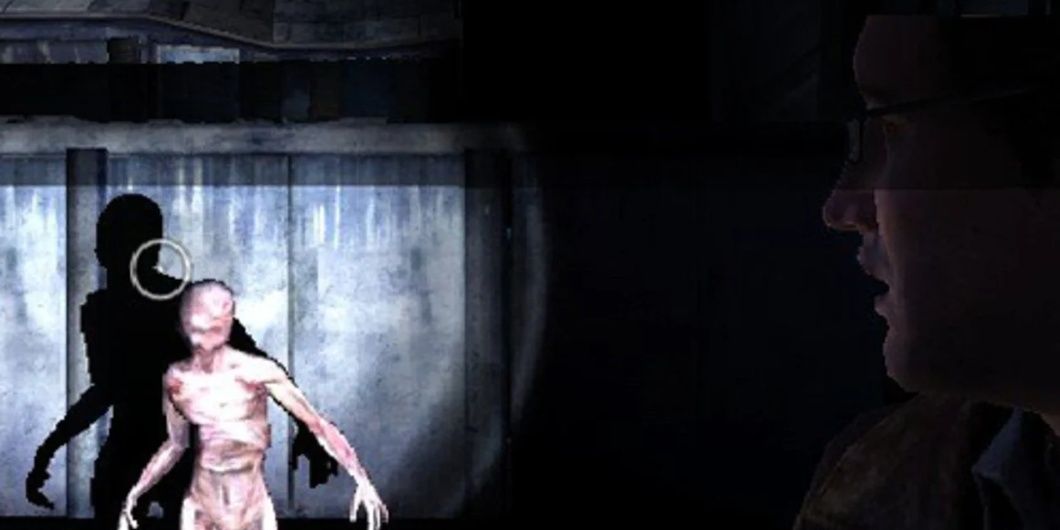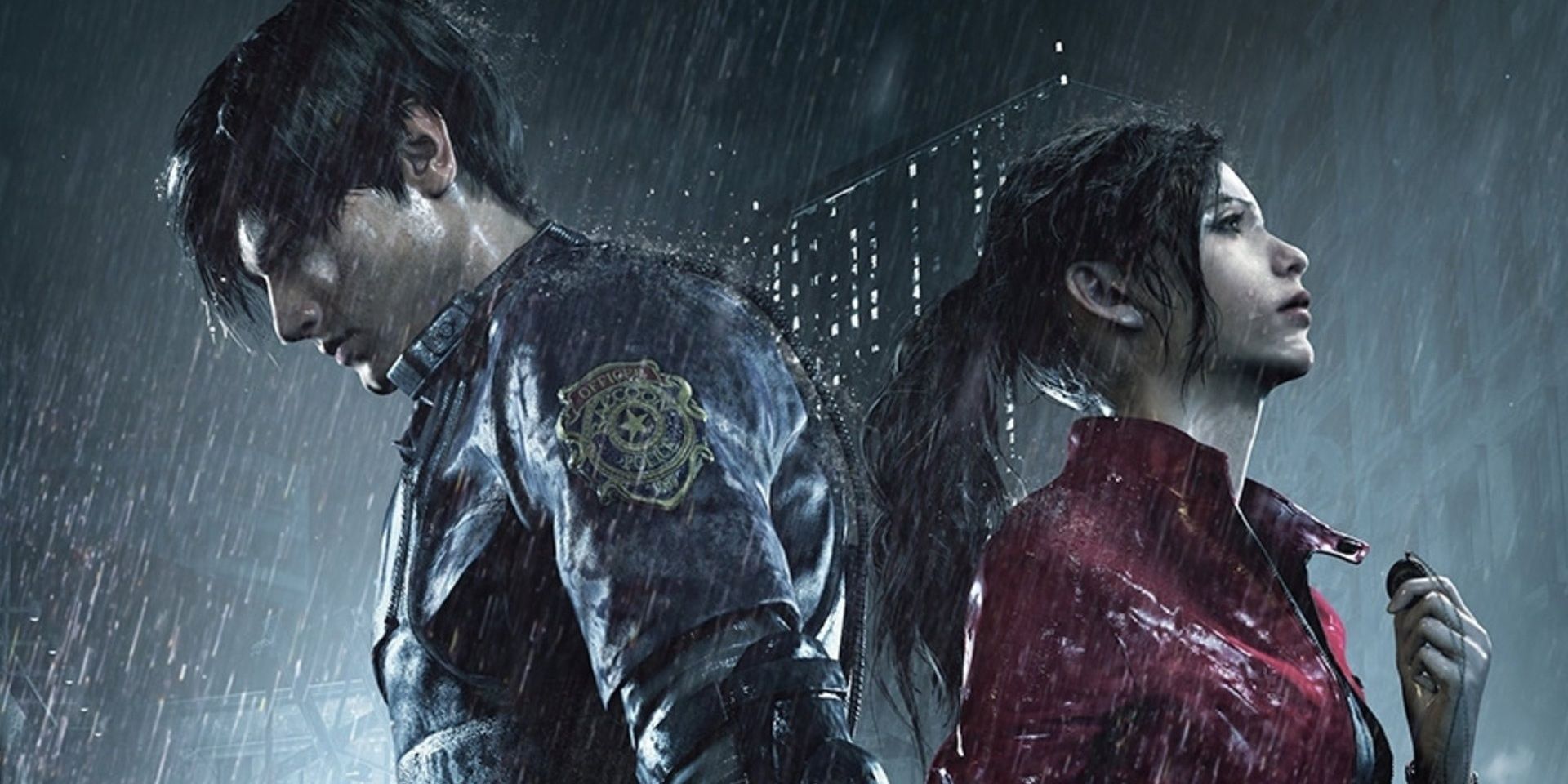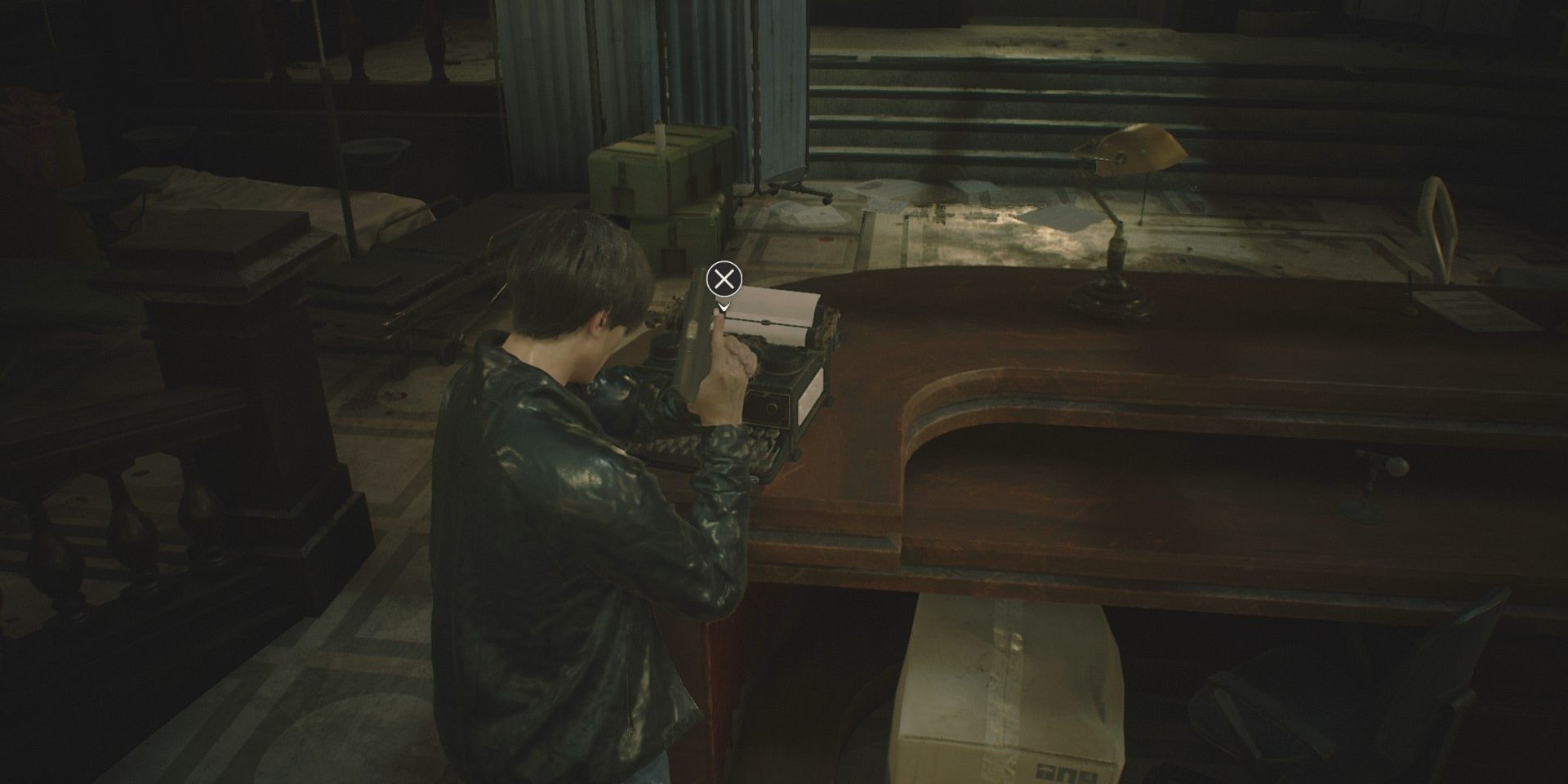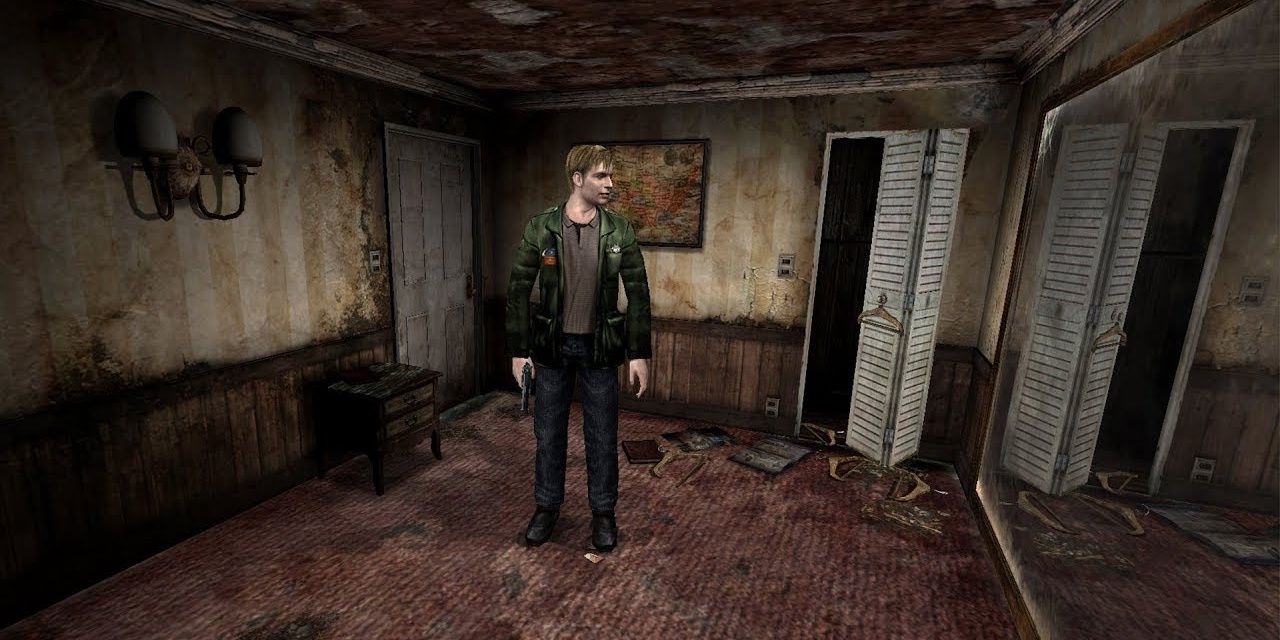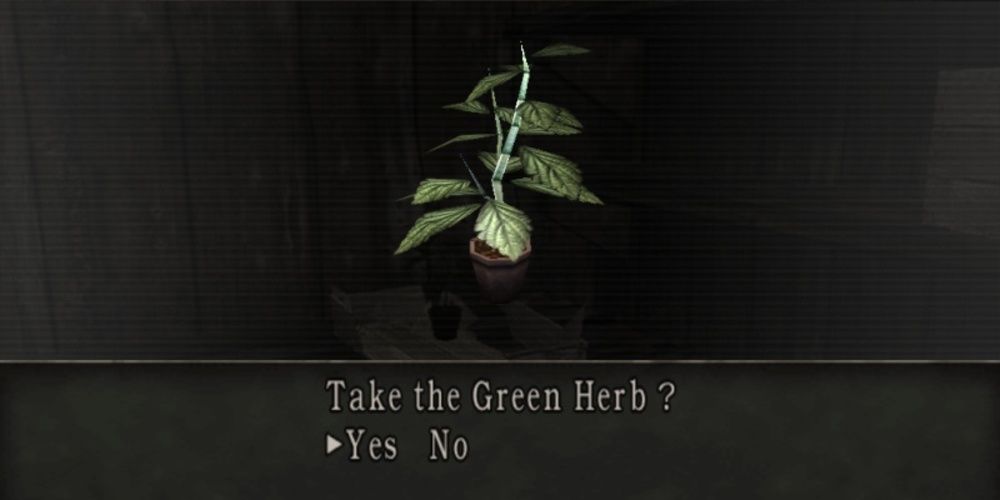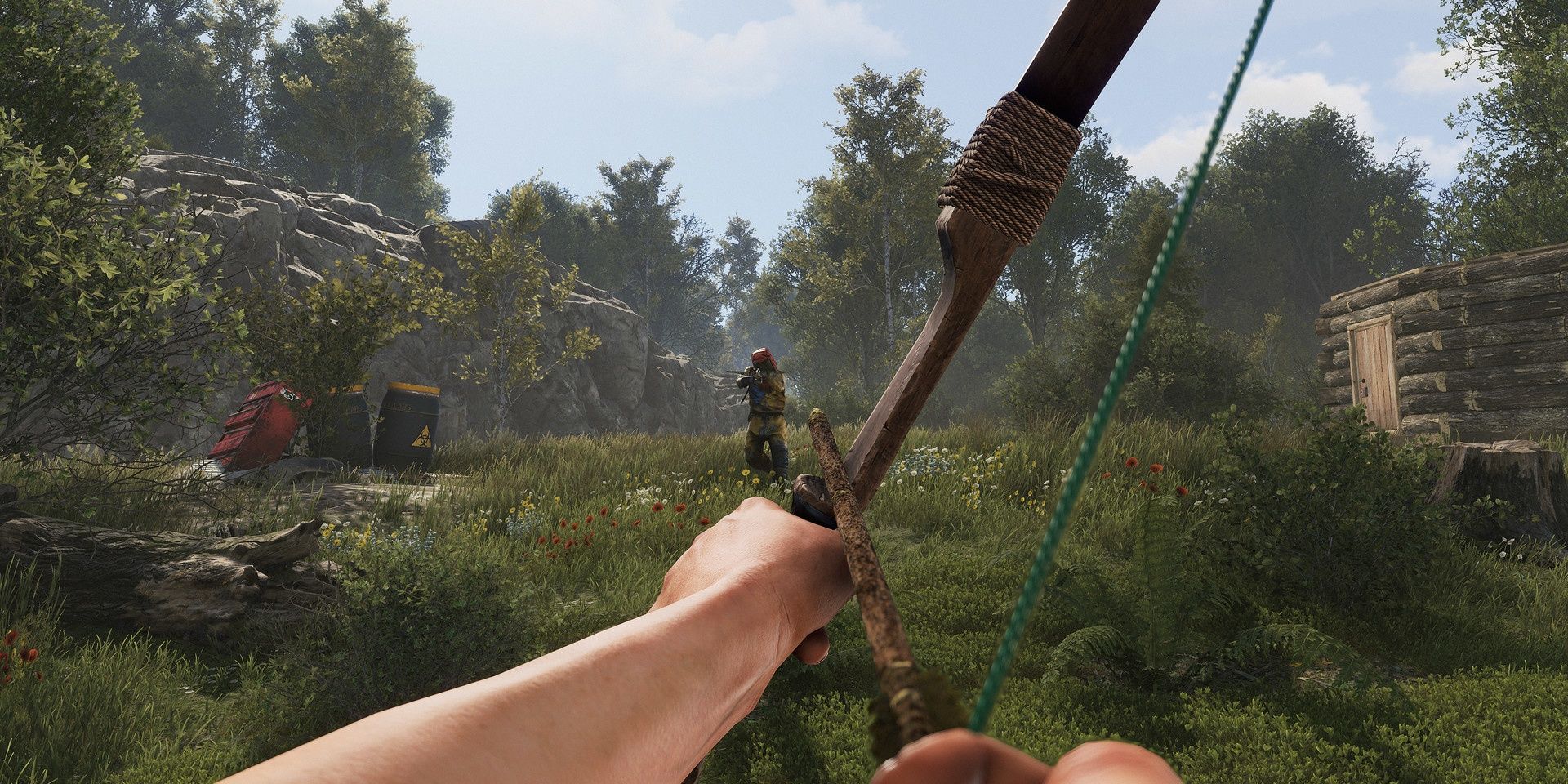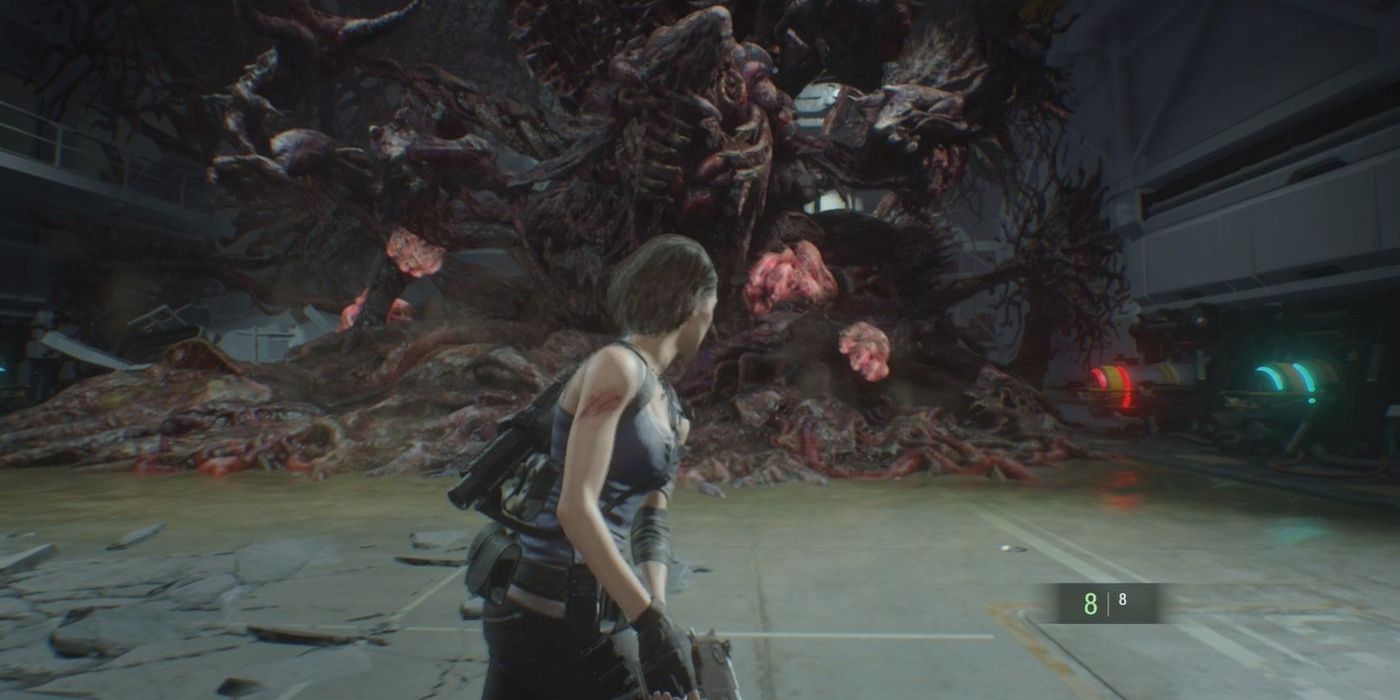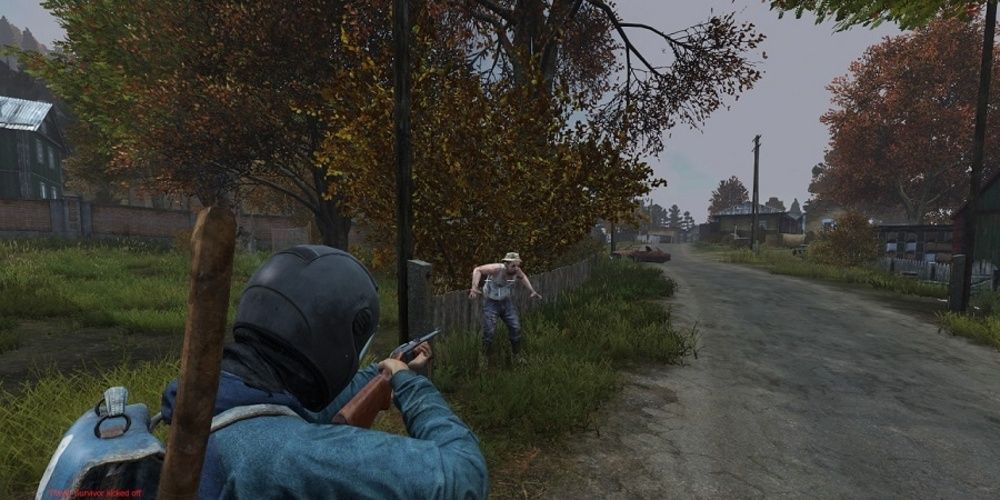The survival genre is interesting for gamers because it includes everything from titles focusing on hunting, action, adventure, and horror elements. Franchises like Resident Evil have contributed to shooting these types of titles high up into mainstream popularity. However, players have developed bad habits over their playthroughs that go against the spirit of survival games.
These range from the padding of the map to fighting enemies in ways that developers haven’t intended. Whether it’s a zombie survival series like Resident Evil, open world survival like No Man’s Sky, or straight-up survival titles like Subnautica, gamers have habits that need to be removed from their style of gameplay.
Not Focusing The Camera On The Protagonist
Survival games carry a sense of paranoia for players because they don’t know where an attack might come from. This is the case for recent and classic games like Silent Hill, even if it still holds up. Gamers tend to move the camera around everywhere in order to anticipate the arrival of an enemy.
It’s not a great habit to have because centering the camera on the protagonist is actually a far better technique. That’s because it offers a view of the character’s surroundings, whereas moving the camera around all the time creates blind spots and can lead to jump scares or one-hit deaths.
Having Difficulties Adjusting To A New Character's Controls
Even if it’s a franchise like Resident Evil with fully established characters, gamers tend to have problems with adjusting to different playable protagonists. Survival titles with multiple characters usually have different skill sets which are intended to enhance the experience, but can have the opposite effects.
Players can get used to a certain gameplay style and feel let down when the characters switch. This has been evident in games like Resident Evil 2 where Leon is a stronger character while Claire is faster - fans have the habit of picking one when the actual way to go is to play both of the characters’ campaigns.
Saving Far Too Often
The paranoia in a survival game can get to players in more ways than one, and a side effect is that many fans end up saving all the time. Although there’s nothing stopping them from doing so, it can develop into a habit that’s hard to shake off, and missions without a saving option can feel frustrating.
It’s better to hold off from saving too frequently because it keeps the action intense without placing players into a sense of security. Moreover, players can end up confusing their own playthroughs by saving the game during backtracking - this usually leads to players giving up and checking out walkthroughs to aid them.
Backtracking Around The Map
This is something that’s become a habit for open-world game players, too, as backtracking is hard to shake off when there’s a big map to explore. Survival games like No Man’s Sky have large environments, which are fun to check out until players end up navigating around the same area multiple times.
Backtracking is a result of players’ tendency to initially speed through new areas, only to realize they’ve left items behind. This can become a tedious part of gameplay, because going around places that have been seen before isn’t exactly exciting.
Playing Primarily On The Easiest Difficulty
This is an aspect mainly seen in zombie survival horror games, where gamers can feel intimidated by the difficulty levels. Players tend to opt for the easiest setting when starting out in order to have a breezier experience, yet this robs them of the challenge to be derived from a survival title.
Games in the genre are meant to evoke some realism with the way players are put in scary and desperate situations - thus playing on the easiest difficulty doesn’t quite have the same effect. The bad habit kicks in when fans simply ignore the harder difficulties after finishing their initial playthrough.
Stocking Up On Health Packs And Overlooking Ammo
Survival games started out by giving minimal health packs or ammo, but the genre has evolved into empowering players. However, this has had the effect of gamers stocking up on health packs and considering weapons and ammunition to be of lesser importance.
It leads to mundane gameplay where fights against enemies are largely about evading them or using weapons with lower firepowers because players wouldn’t have upgraded their arsenal. Placing the health bar above all else is just being too safe and also goes against the general theme of survival.
Upgrading Only The Weapons That Have The Most Firepower
Survival games like Subnautica and several others have fewer weapons on offer, which would ideally mean easy crafting because of the lack of options. However, gamers have the habit of focusing on one or two weapons that they feel carry the most firepower.
It’s a mindset stemming from the belief that having a weapon that packs a punch will make things easier, but survival games are generally about avoidance and strategy. Players can become frustrated when their preferred weapons have glaring weaknesses as the game progresses, but the knack for selecting seemingly powerful munitions is hard to overcome for most even after that.
Ignoring Side Missions
Open world survival games like DayZ have a bunch of material waiting to be discovered, only for most players to ignore them. The survival aspect of things discourages many gamers from pursuing content outside of the main playthrough and it’s a shame because they don’t get the full value out of the product.
Side missions can feel immaterial when completing the main campaign, but overlooking them also means that players finish up their playthroughs without uncovering everything there is to see. Side missions in survival games also offer the opportunity to hone the player’s skills, but most don’t take this into consideration and ignore them altogether.
Unloading Ammo On Bosses Without Using Strategy
Resident Evil games really up the ante when it comes to survival through the climactic moments. Here, players have to contend with massive monsters with few weaknesses and many carry a kneejerk reaction, in that they become content with shooting the bosses and hoping they’ll win.
Survival games can be more intellectually stimulating than other genres because bosses usually have a certain strategy needed to defeat. Of course, playing on easier difficulties or simply spamming power moves can give players an edge, but this habit doesn’t bring with it the satisfaction of defeating the boss the way it’s truly intended.
Fighting Enemies That Can Be Avoided
This generally happens to players who have the habit of backtracking and playing on the easy difficulties. Although the option to fight is there, survival games are designed to have players understand when they should take on enemies and when it’s wiser to walk away.
Unfortunately, gamers can end up wasting ammo and time on enemies that have no bearing on the outcome of the mission. These foes throw players off from the main goal, so fighting side enemies is something that should be avoided because it creates problems with health and ammo availability later on.

